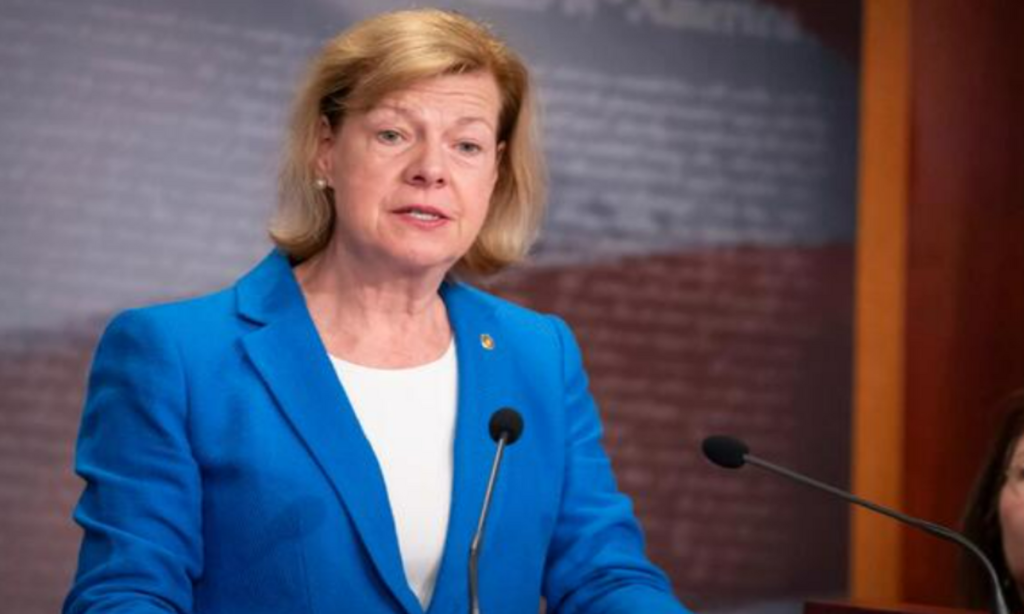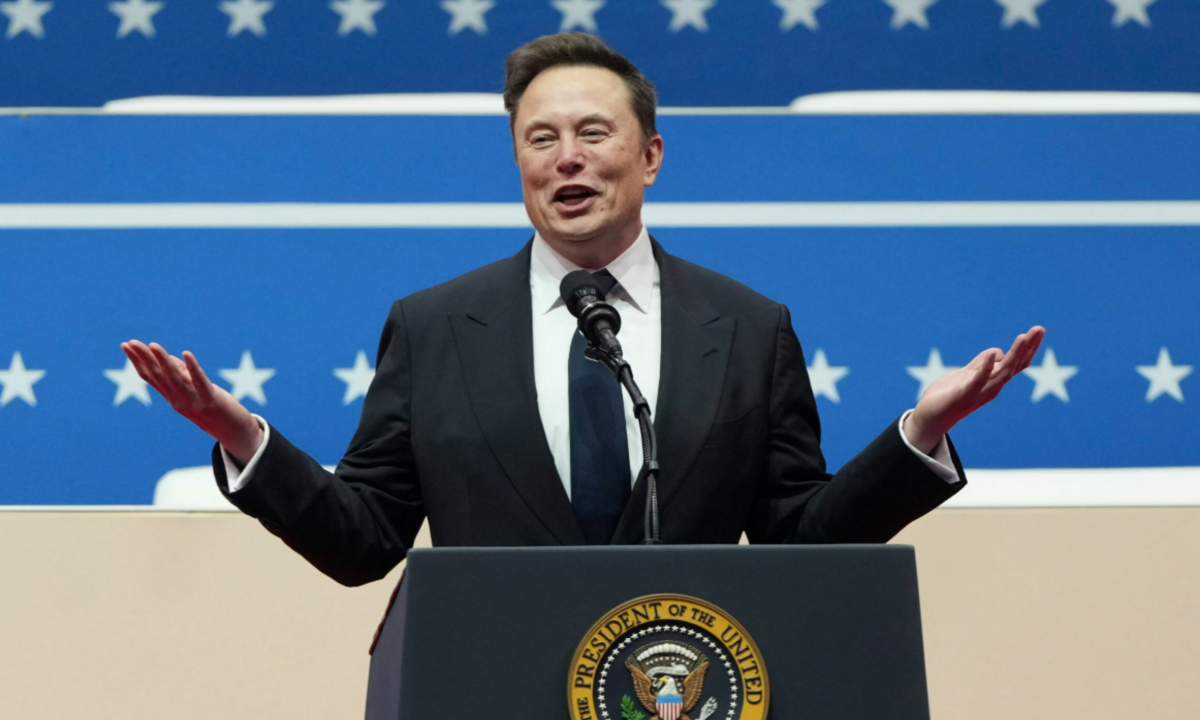Elon Musk’s DOGE Team Gains Access to U.S. Treasury’s Sensitive Payment System
In a significant development, the Department of Government Efficiency (DOGE), led by Elon Musk, has been granted access to the U.S. Treasury’s payment system. This system manages over $6 trillion annually, including disbursements for Social Security, Medicare, and tax refunds. The move has sparked concerns about potential political interference and the security of sensitive personal data.
Background
Established by President Donald Trump, DOGE aims to identify and eliminate wasteful government spending. Elon Musk, appointed to lead this initiative, has set an ambitious goal of reducing the federal deficit by at least $1 trillion. To achieve this, DOGE has been granted unprecedented access to federal systems, including the Treasury’s payment infrastructure.
Access to Treasury’s Payment System
Treasury Secretary Scott Bessent authorized DOGE representatives, including Tom Krause, CEO of Cloud Software Group, to access the payment system. This system handles the distribution of federal funds to American households, encompassing Social Security benefits, tax refunds, and payments to federal employees and contractors. Historically, access to this system has been restricted to a select group of career civil servants due to its sensitivity.
Concerns Raised
The decision to grant DOGE access has raised alarms among lawmakers and former Treasury officials. Senator Ron Wyden, the top Democrat on the Senate Finance Committee, expressed apprehension about potential political meddling. He emphasized that any interference could severely damage the country’s economy and questioned the necessity of granting access to individuals with potential conflicts of interest.
Further concerns have been voiced regarding Musk’s extensive business operations in countries like China, which could pose cybersecurity risks and conflicts of interest. Critics argue that Musk’s dual role as a government adviser and a business magnate consolidates unprecedented economic, media, and political power, potentially undermining democratic oversight.

Internal Treasury Disputes
The move has also led to internal conflicts within the Treasury Department. David Lebryk, a long-serving Treasury official, reportedly resisted DOGE’s requests for access to the payment system. Following this dispute, Lebryk was placed on administrative leave and subsequently retired. His departure underscores the tension between career civil servants and political appointees over the control of sensitive government operations.
Potential Implications
Granting DOGE access to the Treasury’s payment system could have far-reaching implications. It provides the team with the ability to monitor and potentially limit government spending, including funds allocated by Congress for specific purposes. This unprecedented level of access raises questions about the balance of power between the executive branch and Congress, particularly concerning control over federal expenditures.
Conclusion
While the initiative aims to enhance government efficiency and reduce wasteful spending, the methods employed have sparked significant controversy. The consolidation of power within DOGE, led by Elon Musk, and its access to sensitive government systems have led to concerns about potential overreach, conflicts of interest, and the erosion of democratic checks and balances. As DOGE continues its work, it will be crucial to monitor its actions to ensure that efforts to improve efficiency do not compromise transparency, accountability, or the integrity of federal operations.
Disclaimer—Our team has checked this article to ensure its accuracy and eliminate any misinformation. We are committed to providing clear and reliable information for our readers.


